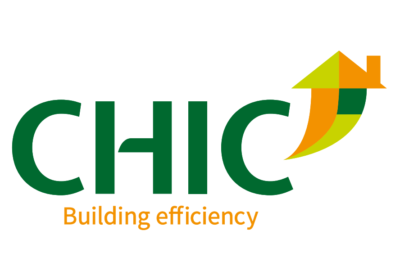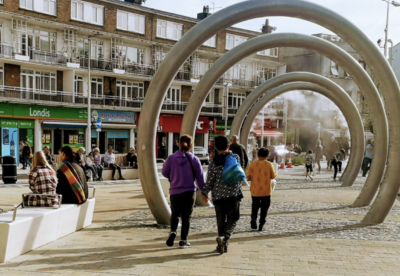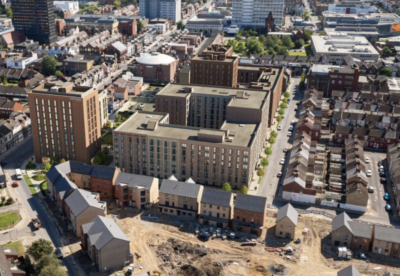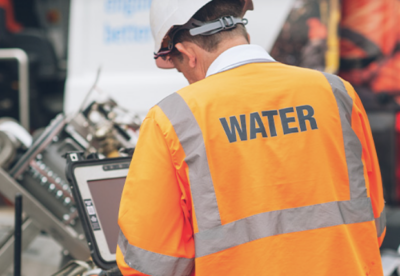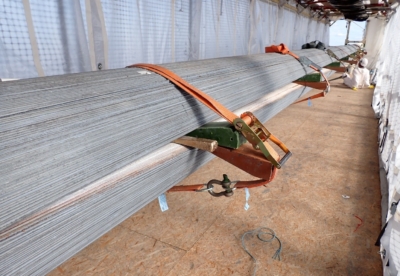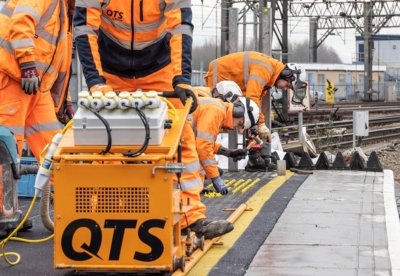This morning chief executive Andrew Davies said the reduction in revenue due to Covid-19 had resulted in a lower-level of working capital inflow taking forecast average month-end net debt for the year to £440m.
This is up from the monthly average of £395m at the end of the first half in December before Covid-19 hit and means that second-half debt could be as high as £485m.
In a year-end trading statement this morning he said: “Before COVID-19, the group had made good progress in implementing a number of measures to reduce its net debt and strengthen its balance sheet.
“As a result of COVID-19, over the next 12-18 months, further actions will be taken, including: continuing to implement a range of self-help measures, driving a further increase in the group’s operating cashflows, continuing the process to sell Living and a potential equity issue.”
Kier has also agreed covenant waivers with its banks to ensure financial facilities remain available.
Davies added that while Covid-19 would hit volumes and result in additional costs, he remained confident for the financial year ahead to June 2021, based on the strength of Kier’s order book at £7.6bn.
Around 60% of the core Construction and Infrastructure Services’ businesses’ order book is for Government departments or quasi-governmental entities and a further 25% for services to regulated entities.
Davies said that as a strategic supplier to the Department for Education Kier was well-placed to benefit from the new 10-year school modernisation programme, which will see £1.5bn spent on new and upgrading school over the next two years.
He added: “Over the past few months, we have taken a number of decisive management actions, which are delivering significant benefits and are enabling the group to maintain a good liquidity position.
“The new senior management team is working well together and continues to focus on driving a range of strategic and operational actions throughout the Group.”







.gif)




